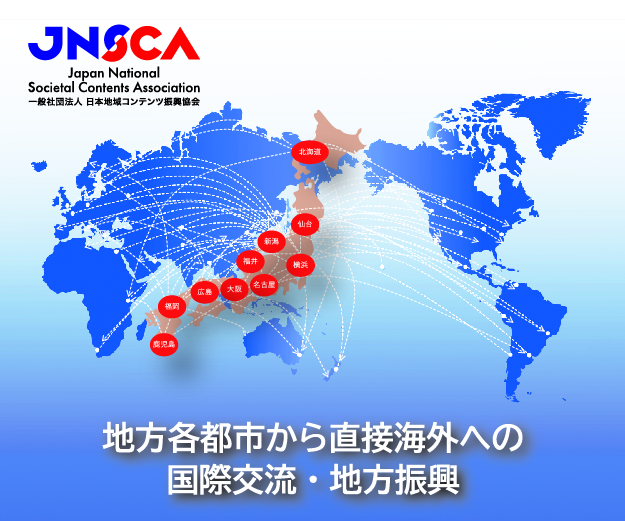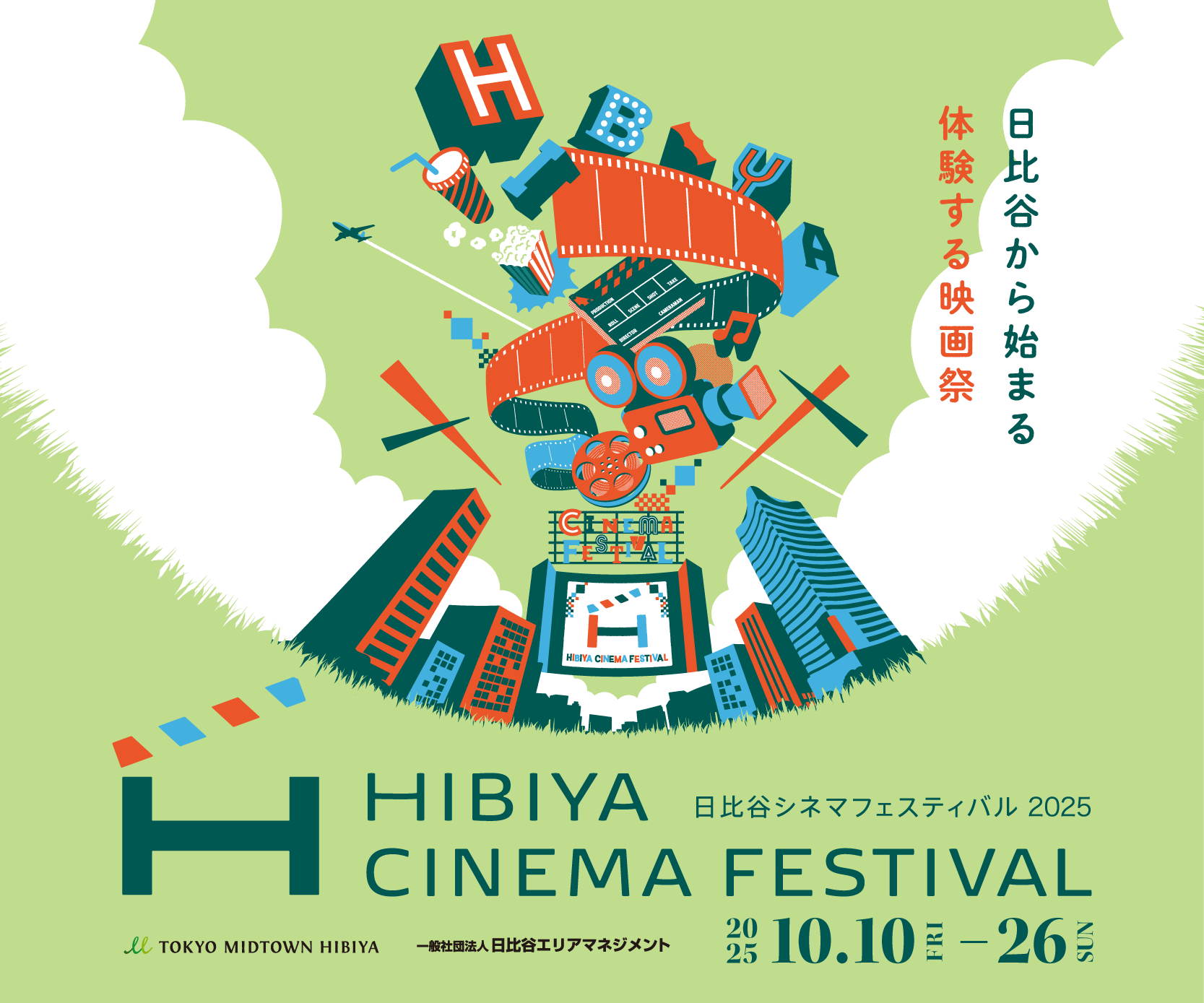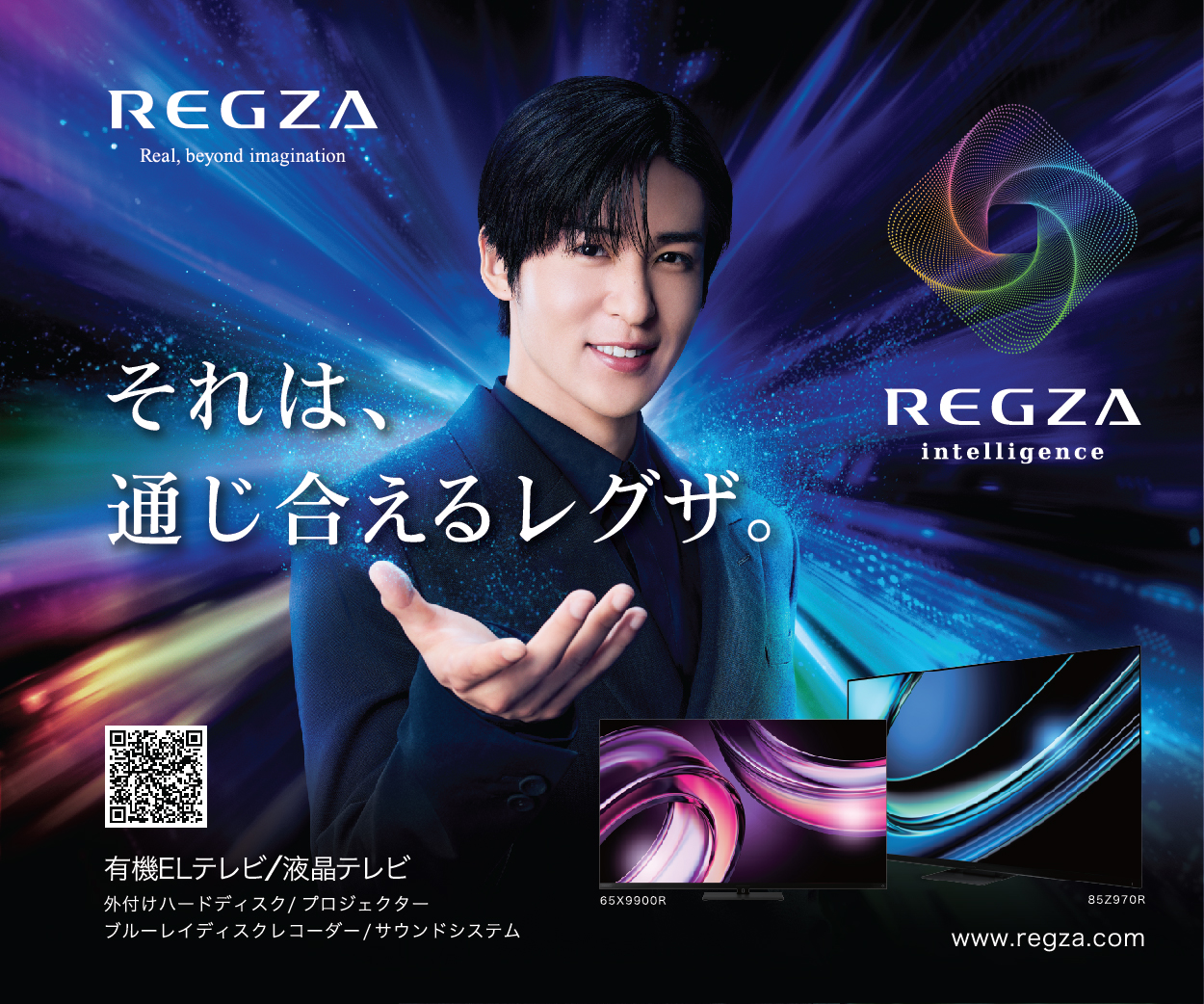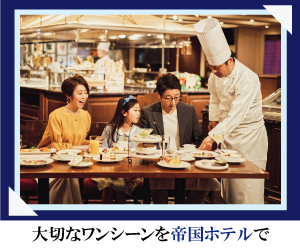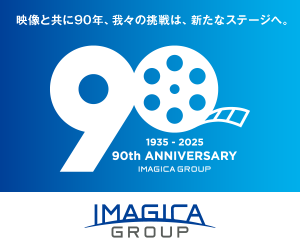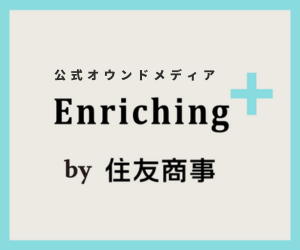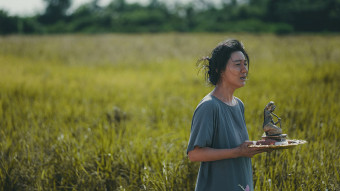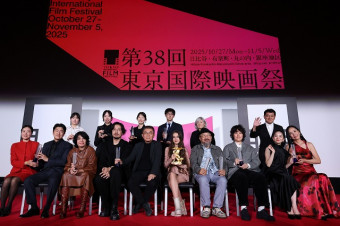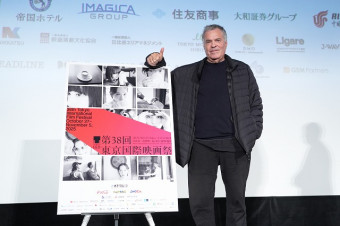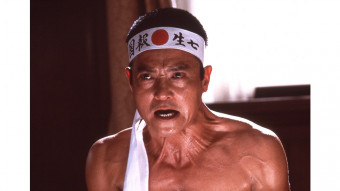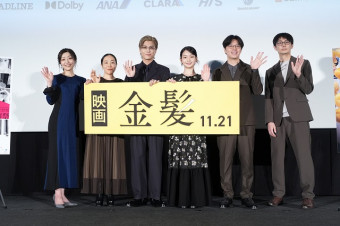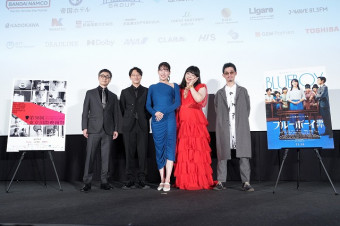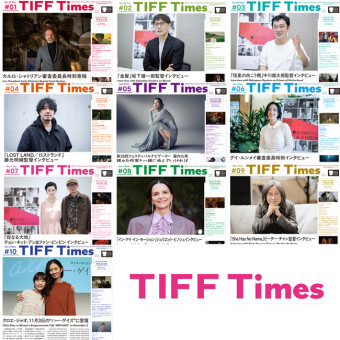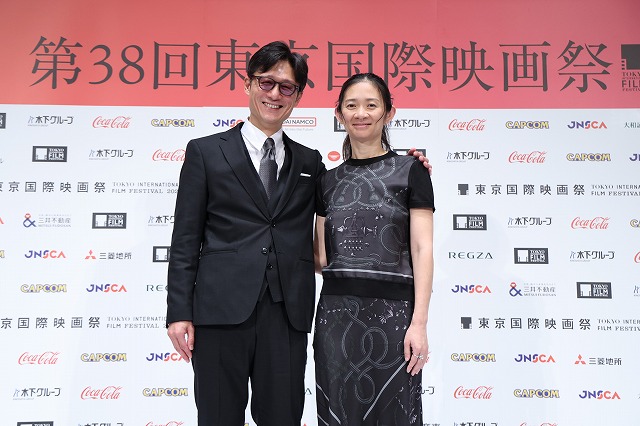
The two laureates of the 38th Tokyo International Film Festival’s Kurosawa Akira Award sat down with the press on November 3, ahead of the official award ceremony at the Imperial Hotel, just steps away from TIFF’s main venue in Hibiya. With their latest films both being touted as possible Academy Award® contenders, it felt as if TIFF’s recognition of them as “directors with whom we can entrust the future of filmmaking” was in no doubt.
Japan-based director Lee Sang-il (Hula Girls, Rage, Kokuho) and US-based director Chloé Zhao (The Rider, Nomadland, Hamnet) join an illustrious list of past honorees for the award, which promotes the beloved auteur’s legacy and ongoing influence. This year’s winners were chosen by a selection committee comprised of veteran director Yamada Yoji, casting director Narahashi Yoko, critic Kawamoto Saburo, and TIFF Programming Director Ichiyama Shozo.
The Committee’s official comments were read by Ichiyama:
“Director Lee Sang-il has consistently depicted weighty themes that deal with social contradictions and human transgressions, elevating them into humanistic dramas that resonate deeply with audiences. His latest film, Kokuho, premiered in the Cannes Directors’ Fortnight, screened at other international film festivals, and led by widespread audience support, has become an outstanding success at the box office in Japan. In anticipation of his further contributions to Japanese and world cinema, we are honored to present the Kurosawa Akira Award to director Lee Sang-il.”
“The poetic and realistic works of director Chloé Zhao have stood out among typical Hollywood films. Nomadland was widely acclaimed, winning the Golden Lion at the Venice Film Festival and Academy Award® for Best Picture, and its success has inspired other Asian female directors. Celebrating her achievements and anticipating her continued contributions to world cinema, we are pleased to present the Kurosawa Akira Award to director Chloé Zhao.”
Lee thanked the committee, saying “It’s a very great honor for such a [minor director] like me. I’ve been a director for decades, and I’ve worked with many crew and cast members whose contributions I would like to take this opportunity to acknowledge. I’m very grateful. I’m a huge fan of Chloé Zhao’s. I was able to see her newest film, Hamnet, and I was incredibly moved. It was the first time this year that I was so moved by a film. To receive this award alongside such a great artist goes beyond happiness, it makes me feel very humble.”
Zhao, clearly touched, told him, “I’m watching your film tonight, so I’m very excited to talk about it tomorrow. Kurosawa-san’s films and Japanese culture, art and cinema have had a great influence on me as a storyteller, so it’s an honor to be here to receive this. I’m very happy.”
As always, the directors were asked about Kurosawa films or scenes in his films that had influenced them most.
Lee admitted, “I’m embarrassed, but until college I mostly watched films from the West. I didn’t see so many Japanese films. Then I went to Imamura Shohei’s film school (now the Japan Institute of the Moving Image), and that’s when I first got into these two great directors’ films, Imamura and Kurosawa. They opened Japan’s doors to cinema greatness. They really made Japanese films captivating. Kurosawa-san’s sense of humor, his excellent storytelling techniques, his technical mastery, were all on a par with the great Western filmmakers.”
“In Kokuho, I depict characters who devote their entire lives to artistry. I feel the same way about filmmaking myself, and in that sense, I deeply admire Kurosawa-san’s unwavering dedication to his art. I aspire to follow his example — to devote myself as he did, and to show something that has never been seen before.”
Said Zhao: “It’s impossible to choose [one Kurosawa film]. It’s like trying to choose your favorite Shakespeare character. Three things made his work important to me: First, the juxtaposition between the vastness, the scope, and the intimacy. He holds the tension between them beautifully. Second, I love that he can make us fall in love with characters who are morally ambiguous, which is human. He’s not afraid of the shadows of humanity. Third, he serves as a bridge between Japan and Western culture. He adapted from Shakespeare and made such great films, filtering those stories and feeding them back to the West.”
Lee was asked about his expectations internationally for Kokuho, and responded, “Kabuki is Japan’s proprietary culture. Its uniqueness and artistry, as well as the lifestyles of the Kabuki artists, their braveness and beauty, those are the aspects I wanted to deliver in the film. In [Zhao’s] film, she shows the play unfolding on the Globe Theatre stage, and we can see that the artistry really impacts people. I wanted to show that and depict the dark side of human as well. I’m honored that the film has been selected as the Japanese submission to the Academy Awards®, and I’m curious how Kabuki will translate to audiences in America.”
Zhao’s film, which premiered at Telluride and went on to the Toronto and London film festivals, has also been widely hailed. Asked how she felt about its reception, the filmmaker said, “I’m very happy it’s resonating with audiences. I think we live in a world that doesn’t always encourage people to feel things. So as a storyteller, if I can create a safe space for people on set and in the audience to feel something [emotional] for two hours, it makes me very happy.”
Asked why his film had become such a huge hit, Lee smiled. “I wish I knew. As Chloé just said, this concept of watching films in a safe place is important. The overall atmosphere in Japan is anxiety and instability. I wanted to depict what beauty is, how much blood, sweat and tears goes into it. And I wanted to delve into the psyche of these artists. I think people are looking for beauty in humans today.”
The directors were asked about the importance of casting, with a journalist noting, “You both started with indie films and have now become world masters. I’m sure all actors want to work with you, but maybe don’t have access. Can you tell us how you approach casting?”
Lee commended Zhao’s ability to direct professional actors like Frances McDormund as well as nonprofessionals, and Zhao said, “Werner Herzog, a mentor of mine, told me, ‘There’s no such thing as professional and non-professional actors, there’s only actors capable of being in the moment.’ I’m looking for presence. I’m not interested in technique, or your understanding of your character’s arc. In the moment, if the temperature changes in the room or your costar sneezes, are you capable of acting in that moment? Are you brave enough to be authentic in the moment? I don’t watch audition tapes, I watch actors’ interviews on YouTube. I’m much more interested in the human being than in the actor.”
Asked what they were planning to work on next, Lee admitted, “In terms of themes/topics that I’d like to work on, I’m not sure. It’s difficult. If you look for something you’re interested in, you can’t find it. If you wait for it to come to you, that doesn’t help either. There are moments of discovery, but that means taking a longer road to making the discovery. Since I didn’t think that Kokuho would be such a huge hit, I’ve been so busy that I haven’t been able to start something. I wasn’t ready with my next project. I have only a silhouette of what I may be interested in.”
“I’m in the same boat,” Zhao concurred. “I believe that stories choose you, and when I’m ready, the story will know and come and hit [me] so hard that [I] have to answer the call. I’m waiting for that to happen. I’m interested in theater. I went to Kabuki for the first time in January, and I noticed that there were only two surnames in the entire cast. I’m interested in presence, and in theater, the present moment is the only truth. Films don’t happen in the present moment, and I’m trying to see how present we can make film. I may do a play first, I’m not sure.”
Asked if she was interested in working in Asia, Zhao immediately enthused, “I would love to! I’m quite interested in stories set in the future, and I’m interested in looking at Beijing, Tokyo, and Berlin and what they would be like in 3000. Most films about the future are apocalyptic. I would love to make a film set in Beijing in 3000. That would be cool.”
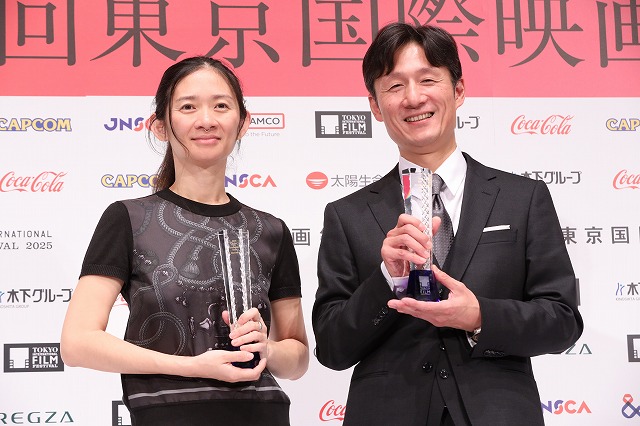
Kurosawa Akira Award Ceremony
At a sumptuous black-tie event later that evening, Japanese film industry leaders and notable international guests gathered at the Imperial Hotel for the Kurosawa Akira Award Ceremony. TIFF Chairman Ando Hiroyasu welcomed guests and extended heartfelt congratulations to the awardees, citing their significant contributions to the global film industry and the “high anticipation” for their future work, and calling their selection “perfect.”
Ando also extended warm gratitude to CAPCOM, the underwriters of the awards, for their support, and expressed gratitude to the Kurosawa family and Kurosawa Productions, “who were immensely helpful in establishing the award, allowing us to share our memories of the venerated director and his achievements.”
He also introduced Nogami Teruyo, Kurosawa Akira’s longtime script supervisor, who had received a Lifetime Achievement Award from TIFF in 2022, and said, “despite her advanced age, attends this award ceremony every year. Ms. Nogami, thank you.” Ando then finished with a rousing toast: “Viva Kurosawa! Kurosawa Akira, banzai!”
Director Yamada Yoji, chair of the panel that had selected the awardees, then made remarks about how they had reached their decisions.
“Lee Sang-il’s films always contain extremely weighty themes,” he noted. “He’s a director who creates substantial, powerful films. Another defining characteristic, particularly evident in Kokuho, is that he largely disregards conventional film structures. He constructs stories in a multifaceted, three-dimensional manner, constantly confronting the audience with his themes. As Japanese filmmakers, we cannot express how much courage we’ve gained from the success of Kokuho. I wanted to offer my heartfelt congratulations.”
“We were extremely surprised when we saw the name Chloé Zhao on the film Nomadland. When her work won the Academy Award® for Best Picture, we were truly astonished. Her work, while grounded in realism, has a profoundly poetic beauty that seems to lie deep beneath the surface, along with a gentle emotion that stays close to the audience. That a completely different type of film—one unlike any previous Best Picture—had emerged was a testament to her work and has given courage to female directors around the world, especially in Asia, in ways we can scarcely measure. The significance of this achievement is truly immense. Congratulations on your win.”
Following the screening of trailers highlighting their work, Zhao and Lee received crystal trophies presented by CAPCOM Chairman and CEO Tsujimoto Kenzo. The awards also come with a 1 million yen cash prize.
Before the new laureates could make comments, however, a surprise guest appeared onstage to hand them each a large bouquet of flowers. Popular actor Yoshizawa Ryo, star of Kokuho and widely tipped to win all the Best Actor awards in Japan this year, spoke briefly about working with Lee for the first time, and thanked him for his trust and support. “For three months on set during the project, he made me feel safe and loved,” he said. “He was always trying to draw out the best from all the cast and crew, and he believed in me every single day. So I was determined to meet his expectations. It was sometimes a struggle, but sometimes also a pleasure.”
To Zhao, Yoshizawa said, “It’s such an honor to meet you in person. When I saw The Rider, I was immensely moved by the rough and beautiful badlands in the American West. It felt so incredibly real, yet so incredibly impressionistic. I’m very much looking forward to seeing Hamnet.”
The honorees then spoke, each thanking Yamada and the Selection Committee before their remarks. “This is an incredible honor,” said Lee. “In the world of Kabuki, there are different levels of honorable names, and if we had this system in film, Kurosawa Akira would be at the highest level. So to receive this award when I’m nowhere near that level makes me feel both happiness and a heavy sense of responsibility. To be standing here with Chloé Zhao is such an honor, thank you. I would also like to thank all the cast and crew from my previous films, because they all helped me grow as a human being.”
After expressing thanks to the festival, Yamada and the Selection Committee, Zhao told the audience, “Kurosawa-san’s films have had a great impact on me as a filmmaker. He was also a powerful bridge between Japan and the Western world, and since I’m based in the West, I’m so proud, as an Asian, to see the deep impact he had on cinema culture. The Japanese audience has supported my career for many years, for which I’m very grateful. And I’m so happy to be here [receiving this honor] with Lee Sang-il.”
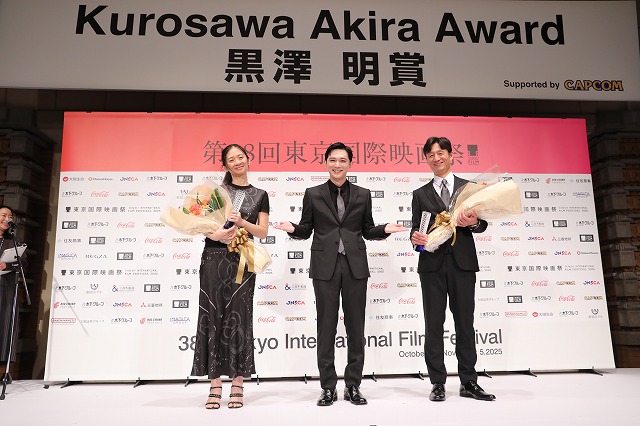
KUROSAWA AKIRA AWARD: WINNERS’ PROFILES
Born in Japan, Lee Sang-il studied film at the Japan Institute of the Moving Image. His graduation film Chong (2000) attracted wide attention after winning four awards, including the Grand Prix, at the Pia Film Festival. He received the Shindo Kaneto Gold Prize for Border Line (2003), and in 2006 won Best Film, Best Director, and Best Screenplay at the 30th Japan Academy Film Prizes for Hula Girls. Villain (2010) received five major awards at the 34th Japan Academy Film Prizes, followed by further acclaim for Unforgiven (2013), Rage (2016), and The Wandering Moon (2022). His latest work, Kokuho (2025), set in the world of Kabuki, had its world premiere in the Directors’ Fortnight at Cannes, and became a national phenomenon, surpassing ¥16 billion at the box office for a live-action Japanese film.* It was also selected as Japan’s official entry for the 98th Academy Awards® Best International Feature Film.
*As of October 2025.
Born in Beijing, China, Chloé Zhao studied film at New York University’s Tisch School of the Arts after earning a bachelor’s degree in political science from Mount Holyoke University. In 2010, her short film Daughters premiered at the Clermont-Ferrand International Short Film Festival and won Best Student Live-Action Short at the Palm Springs International ShortFest and Special Jury Prize at the Cinequest Film Festival. In 2015, her debut feature, Songs My Brothers Taught Me, premiered at the Sundance Film Festival, and in 2017, The Rider earned nominations for Independent Spirit Awards for Best Film and Best Director. Her third feature Nomadland (2020) won the Golden Lion at the Venice International Film Festival, as well as the Golden Globe®, BAFTA, DGA, and PGA Awards. It also earned three Academy Awards ® —for Best Director, Best Actress, and Best Picture. Zhao went on to co-write and direct Marvel Studios’ Eternals. In 2023, she established the production company Book of Shadows with producing partner Nic Gonda. Her latest film, Hamnet, co-written and directed by Zhao and starring Jessie Buckley and Paul Mescal, won the People’s Choice Award at the 50th Toronto International Film Festival. The film is scheduled for release in Japan in 2025 and will be screened as the Closing Film of the 38th Tokyo International Film Festival.













